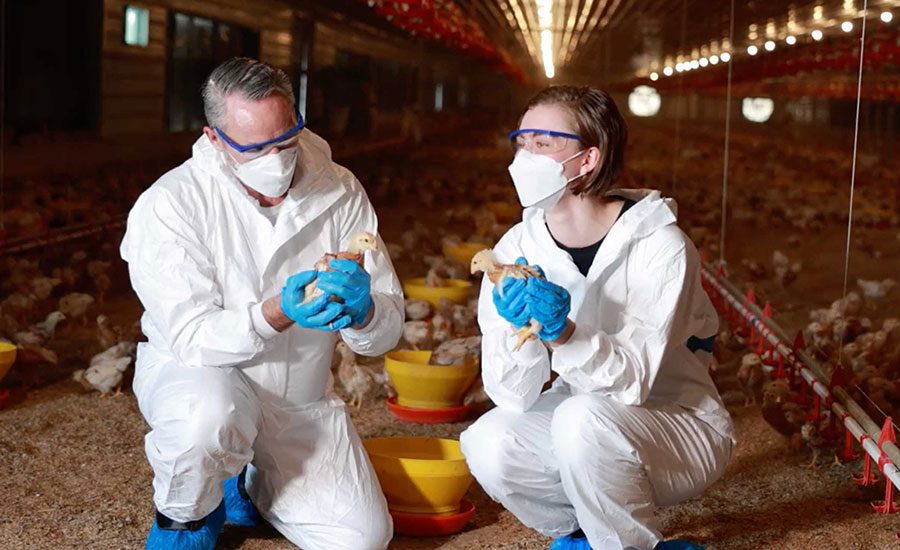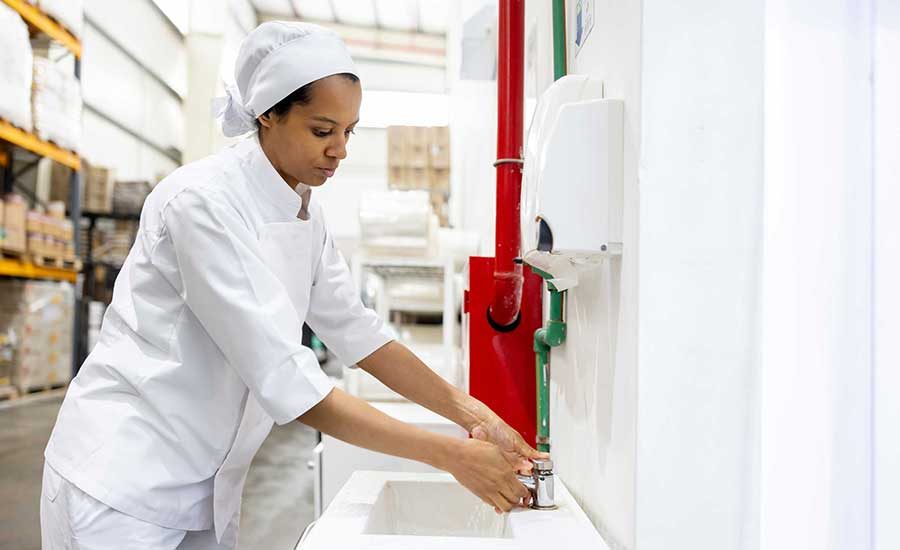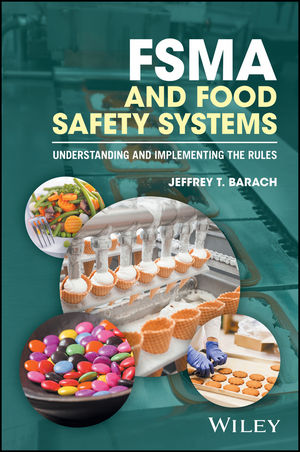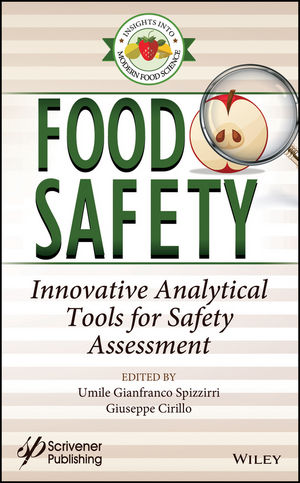Despite the government now being “re-opened,” the recent shutdown, and particularly the suspension of U.S. Food and Drug Administration (FDA) food inspections, served to highlight the need for food producers and importers to aggressively strengthen their own systems and practices to ensure the integrity of their products and to mitigate the possibility of liability for food-related illnesses or injuries. During the shutdown, without the assumption of safe practices that the imprimatur of positive FDA inspections provided, it was imperative that responsible producers, processors and importers exercise best practices with respect to the production, processing, transportation and importation of food products, and to keep complete and accurate records of their efforts to establish that they took all necessary steps to insure the safety of their products. But what now?
While regular FDA inspections have in the past provided an additional layer of protection and assurance for both the food industry and the consuming public, it would be short-sighted and imprudent for members of the food industry to assume that the resumption of those inspections will be completely effective in providing that layer of protection in the future. Not only have the regulations being developed by FDA under the 2011 Food Safety Modernization Act shifted greater responsibility for the production and importation of safer food products on private industry, but the ability to point to positive FDA inspections as a defense when you are being sued is likely to be of little value, even now that FDA is in a position to resume inspections.
First, although demonstrated compliance with FDA standards and regulations can serve as evidence of due care in the civil liability context when claims of negligence are asserted, the law in most jurisdictions provides that government standards are “minimum standards” such that a plaintiff is free to offer evidence of how the defendant could or should have taken additional steps to avoid the claimed injury. In addition, under the laws of most states, and in most cases involving food-related injury or illness, the rules of strict product liability may apply, eliminating the need for a plaintiff to establish that the defendant producer or importer failed to act with “due care” as long as the plaintiff can show (1) the existence of a defect (e.g., the presence of an illness causing pathogen or contamination) and (2) that the “defect” was the proximate cause of the injury. In layperson terms, your satisfactory FDA inspection may not help you.
Granted, even with those rules of law, the stature of FDA in the minds of jurors could nevertheless carry some weight in determining whether the compliant defendant should be liable, and even if found liable—by application of strict liability principles or based on a finding that additional care was required—whether FDA compliance should mitigate the amount of damages awarded. Post-shutdown, however, and in light of its likely aftereffects, the weight that FDA compliance may have carried in the past will likely be considerably diminished.
Obviously, in the first instance, a defense of FDA compliance will be of no value in cases that can be traced back to the period when FDA inspections have been suspended. Even now that FDA has resumed inspections, there will be a considerable backlog of work to be done by the inspectors that makes it unlikely that those inspectors will be back on their pre-shutdown schedules for weeks, if not months. Moreover, producers and importers that pass FDA inspections during the “recovery” phase after the shutdown will no doubt face claims that in the effort to get back on track, FDA inspections were not as careful and thorough as they had been in the past, creating an even greater onus on them to pick up the slack.
In the long term, the shutdown focused valuable attention on the scope of the burdens facing the FDA as domestic food producers expand the size and complexity of their operations with the goal of expanding beyond local markets and as the volume and number of sources of imported foods has grown dramatically. Recognition of these burdens, combined with the ongoing debate on limiting the expansion of regulatory authorities—not to mention budget cuts—leads to the perception, even if not true, that the FDA is overworked and underfunded, thereby reducing the reliability of its inspection efforts. Similar arguments have proved effective for plaintiffs in the context of injury litigation involving “FDA-approved” medications.
Finally, regardless of the ability of FDA to perform reliable and effective inspections of the food industry, the prospect of future shutdowns and repeat gridlock is probably not as remote as it once appeared. Given the willingness of some legislators to abide the hardships on the public imposed as a result of the recent shutdown, there is no guarantee that we will not face another extended period when FDA inspections of food producers, processors and importers will be suspended for a significant period of time.
For the food industry, a lesson to be learned from the shutdown is that like manufacturers, importers and distributors of non-food consumer goods, food producers, processors and importers are responsible for the prevention of illness or injury resulting from their products. Reliance on positive FDA inspections as proof of best practices and as insurance of food safety is not sufficient to avoid liability for food-related illness or injury.
Glenn Pogust is a commercial litigation partner at Kaye Scholer LLP. He focuses on the defense of manufacturers of a wide variety of products in personal injury and property damage cases. He can be reached at glenn.pogust@kayescholer.com.
>









